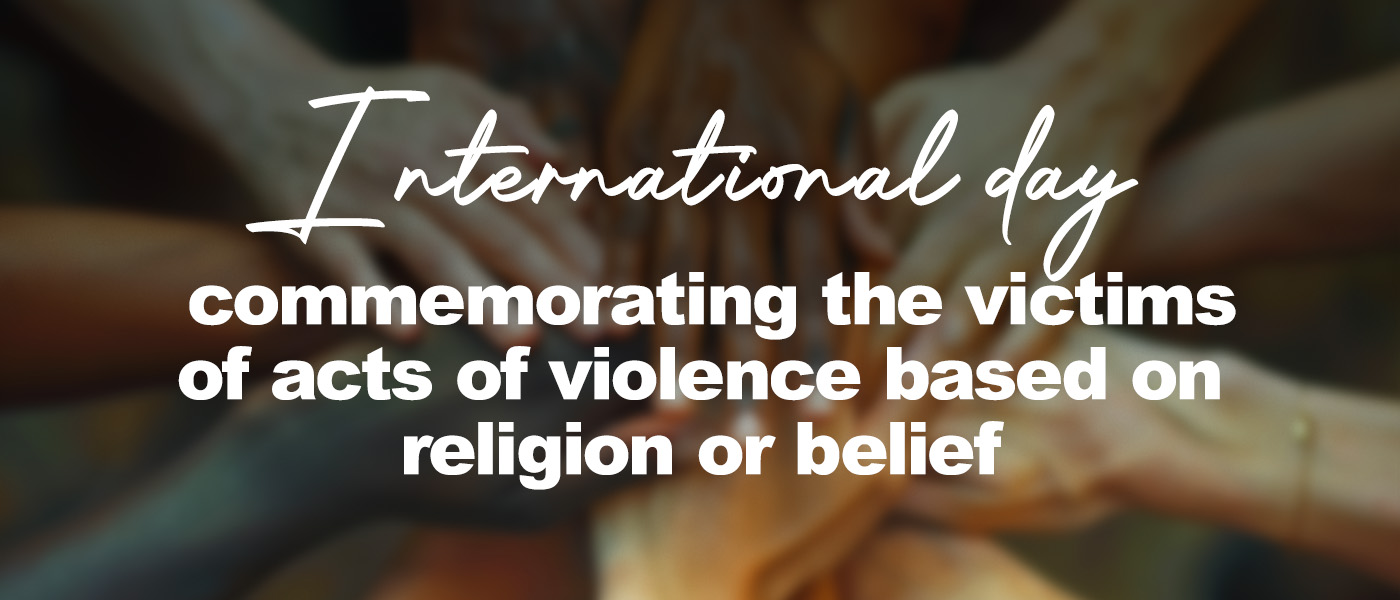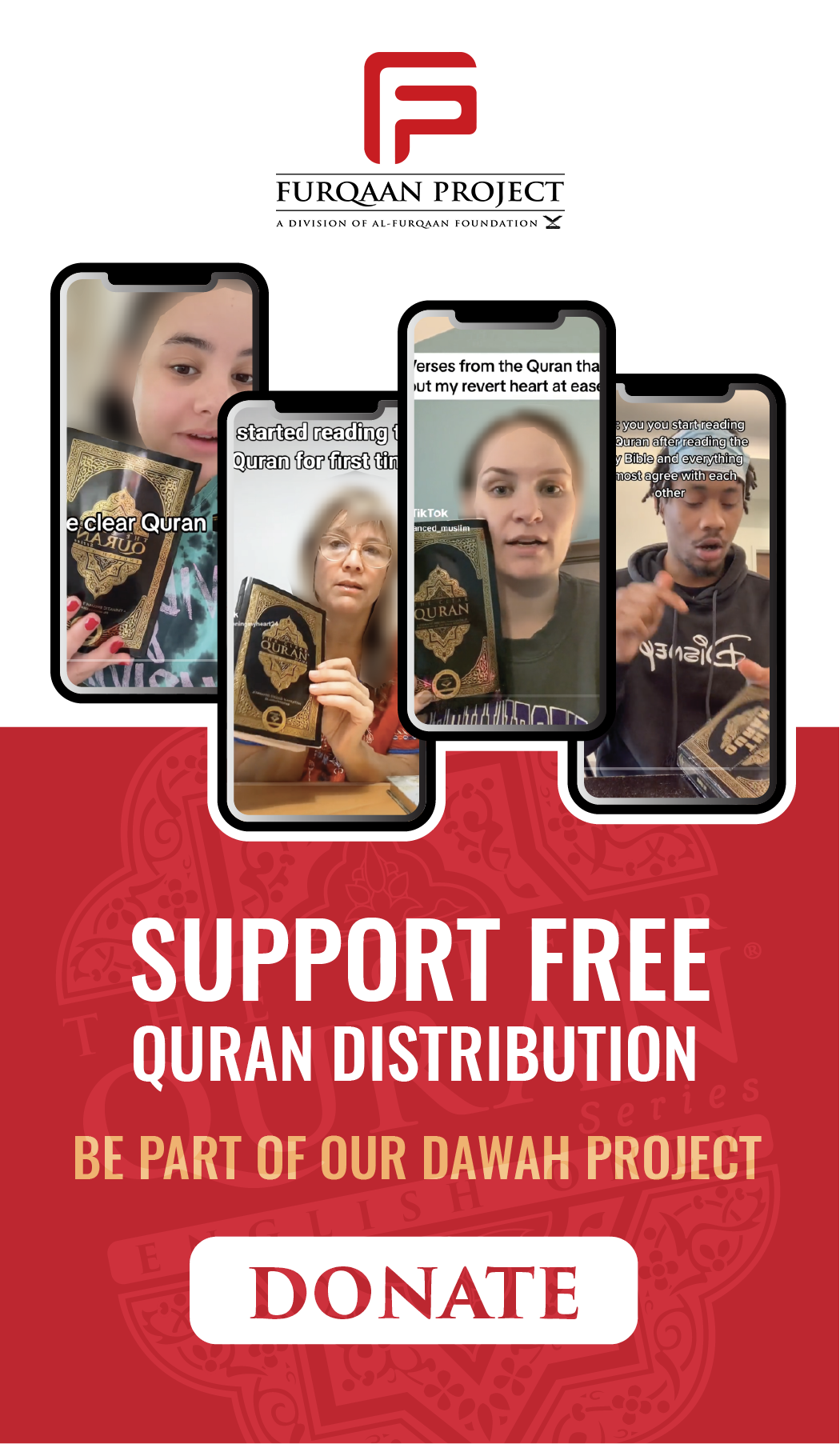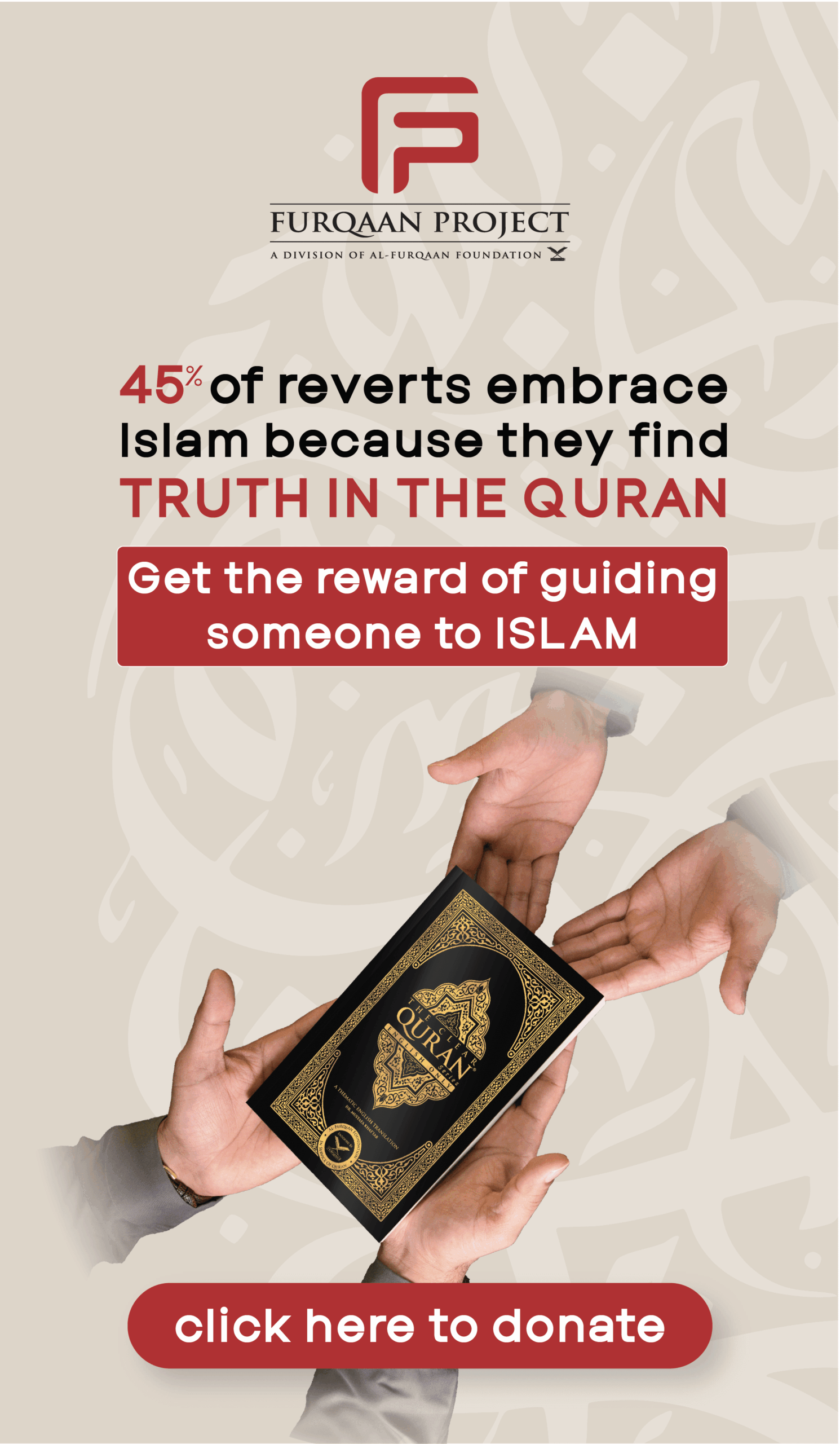
On Aug. 22, the world pauses to acknowledge those who have suffered or lost their lives simply because of what they believe in. However, this isn’t just a symbolic date on the United Nations calendar, it is a mirror. A mirror that reflects the bruised faces of victims, the shattered silence of worshippers, and the cold indifference of systems that tolerate or even perpetuate violence against faith. This day, officially titled the International Day Commemorating the Victims of Acts of Violence Based on Religion or Belief, is more than remembrance, it is a time where we must reevaluate what we are doing to contribute to a society that appreciates people of all backgrounds, cultures, and denominations.
In a world that boasts religious freedom in its constitutions, too many believers – especially Muslims – are still under attack. Whether in Nigeria, the United Kingdom, Australia, the United States, or behind the walls of prisons, the pattern has become undeniable. Faith has now become a fault line. This article examines three recent cases of anti-Muslim violence, dives into systemic injustice – particularly in incarceration systems, and outlines why this day must spark action, not just acknowledgment.
According to a powerful hadith, the Holy Prophet (SAW) said, “A perfect Muslim is one from whose tongue and hands mankind is safe.” (Sahih al-Bukhari) This foundational hadith highlights that true faith is reflected in how safe others feel around you.
The global face of anti-Muslim violence
Just three days before this year’s observance, on Aug. 19, Al Jazeera reports that armed men stormed a mosque in Unguwan Mantau, a rural village in Katsina State, Nigeria. The worshippers had gathered for Fajr prayers and, before sunrise, 27 Muslims were dead. Others were wounded, some critically. This, unfortunately, is not an isolated attack. Northern Nigeria has seen a deadly rise in armed group violence where religious sites, especially mosques, are frequently targeted. While the violence often overlaps with ethnic and resource-based conflicts, Muslims remain disproportionately victimized, even in spaces where they seek divine refuge. This is not just violence, it is sacrilege.
The Prophet (SAW) has said, “The entire earth has been made for me a place of prostration and a means of purification.” (Sahih Bukhari)
Across the world, in the bustle of New York City, a 55-year-old Muslim woman boarded a Queens subway, just like she had done countless times before. She was approached by a man who asked her, “Are you a Muslim?” She responded in the affirmative. ABC7’s Eyewitness News then reports that the man nearly beat her to death. She was left with a fractured nose, a concussion, and severe bruising across her body. This was not just an assault, it was a deliberate hate crime. It took bystanders to intervene. Her attacker was thankfully arrested, but the trauma is etched into her memory, and it will certainly not fade, even long after the bruises have faded and her body heals. This isn’t a war zone in the Middle East, this was a train station in New York City that witnesses thousands of passengers from diverse backgrounds going from place to place. Her only crime? Being visibly Muslim because she wore the hijab.
In his Farewell Sermon, one of the Prophet’s (SAW) final public addresses, he (SAW) clearly stated the direct instruction: “Treat women kindly.” That moment was monumental, because he (SAW) was summarizing the core values of Islam, and this command made the cut – showing how central the dignity and fair treatment of women was to his message.
Across the ocean once again – but now in Australia – the problem doesn’t always don a gunman’s mask or swing a fist. Sometimes, it wears a smirk, a slur, or a nonchalant shrug. A new report by the Islamic Council of Victoria reveals that over 85% of Islamophobic incidents go unreported. In just the first half of 2025, 26 direct cases were officially recorded. However, more than 3,254 indirect incidents were documented, ranging from online hate to discriminatory media coverage.
The grandson of the Prophet (SAW), Hussain ibn Ali (RA), famously said, “Those who are silent when others are oppressed are guilty of oppression themselves.”
This iceberg of silent suffering shows that anti-Muslim bias is not only rampant, it’s normalized. Victims don’t report because they fear retribution, or worse, they fear indifference. Australia’s launch of a $1 million initiative to combat Islamophobia certainly is a start but, if the truth about our religion remains buried, justice never takes root.
The wave of injustice behind bars
In the UK, Muslims make up 18% of the prison population, despite comprising only 6.5% of the general public. This overrepresentation is not necessarily due to higher rates of criminal activity — terror-related convictions account for less than 1% of the Muslim prison population. Instead, profiling, systemic bias, and socioeconomic marginalization funnel them into incarceration.
In April, The Guardian cited a 2025 report by UK-based charity Maslaha, referencing Freedom of Information data from 2023. The report revealed that at HMP Belmarsh — a high-security prison known for housing terrorism suspects — Muslims represented 32% of inmates but were subjected to 43% of rigid bar handcuff incidents and 61% of pain-inducing techniques. Similar disproportionate patterns were observed in other facilities, including HMP Isis, HMP Feltham B, HMP Woodhill, and HMP Whitemoor.
In 2022, data showed that 34% of PAVA (synthetic pepper spray) deployments targeted Muslim prisoners, even though they constituted only 18% of the prison population. This nearly doubles their proportional representation, highlighting a stark disparity.
This is violence not just of the body, but of the soul.
In U.S. prisons, Muslim inmates frequently struggle to observe Ramadhan, often being denied access to prayer rugs, halal food, or even copies of The Quran. A 2022 lawsuit in Virginia revealed that correctional officers had deliberately withheld pre-dawn meals from fasting inmates. Muslim prisoners — especially Black Muslims — face compounded marginalization, enduring both religious and racial discrimination. Surveillance, solitary confinement, and suspicion have become their daily rituals.
The numbers don’t lie — hate is rising
Growing hostility toward Muslims is not anecdotal, but statistical.
- The FBI reported 228 anti-Muslim hate crimes in 2024, a sharp increase compared to previous years.
- In the EU, nearly 47% of Muslims surveyed reported facing discrimination in the past five years. Only 6% ever reported it.
- In Britain, TELL MAMA documented over 5,800 Islamophobic incidents in 2024 alone, marking the highest total since the organization began monitoring.
Why don’t victims speak up? Because many have learned that when you stand up for yourself, you tend to get ignored or, in some severe cases, punished.
Above all else, often the media doesn’t help. Multiple studies show that terrorist attacks by “Muslims” receive 357% more media coverage than those committed by non-Muslims, even though Muslims are the primary victims of terrorism globally.
Honor the victims, challenge the hate
This day is not for memorials. It is to reflect upon how we can reform these unhelpful systems and, by doing so, support amplification of victims’ voices.
- Governments must enforce hate crime laws, not just announce them.
- Schools must educate students about pluralism, not just tolerance.
- Prisons must become centers of rehabilitation, not warehouses for religious humiliation.
- Media must report with the truth, and not with bias.
- Muslims must no longer be left to fend for themselves on subways, in mosques, or behind locked doors.
This day should not exist; however, it does because this is an ongoing conflict. We must respond to this with knowledge, structure, and strategy. No one should have fear practicing their faith. No one should suffer for praying, and no one should die for worshipping.



